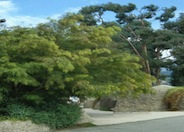
Common name:River Wattle
Botanical name:Acacia cognata
This is a small graceful weeping tree which grows from 20' to 30' in height. The leaves are narrow and pendulous. It bears yellow puffy flowers in spring. It reguires well-draining soil. It needs protection from sea winds or hot inland valley sun.
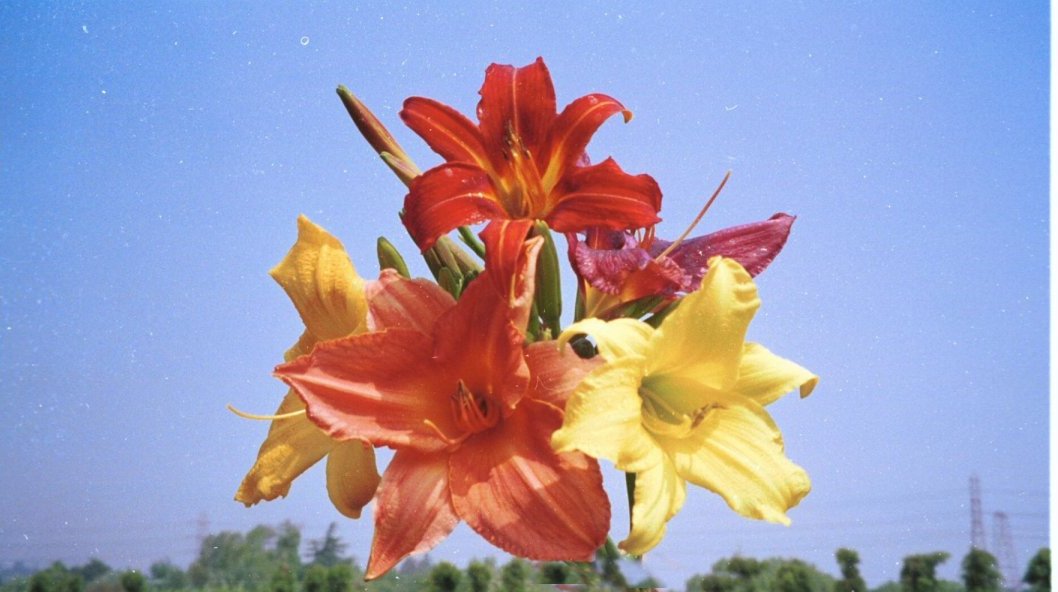
Common name:Hybrid Daylily (various)
Botanical name:Hemerocallis hybrids
These summer-blooming perennials form clumps with large, grass-like leaves. Its showy flowers, resembling lilies, are borne in clusters on stems held well above the foliage
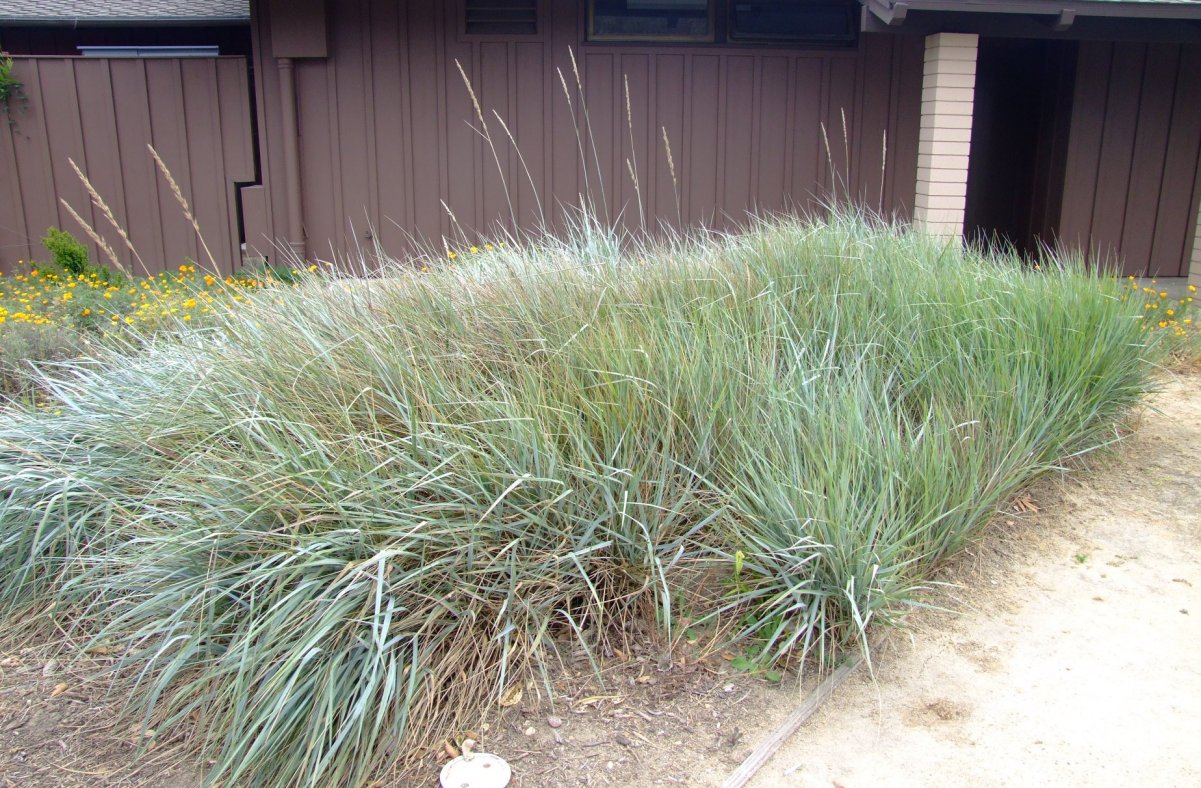
Common name:Canyon Prince Wild Rye
Botanical name:Leymus condensatus 'Canyon Prince'
One of the best known and utilized native grass selections in Southern California, this beautiful, blue gray foliage spreads out 3'-4' or more. It will reach a height of 2'-3'. It rarely flowers. It does spread by rhizomes although not as vigorously as some closely related species. It can be extremely drought tolerant and care must be taken not to over water this species as it can rot from the center. Otherwise, it is carefree and requires virtually no maintenance.
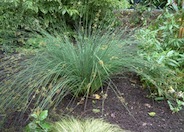
Common name:California Gray Rush
Botanical name:Juncus patens
Although a wetland plant, Juncus patens can tolerate fairly dry conditions. It will slowly clump to 2'-3' wide and a height of 2'-2.5'. There are many selections of this species available with different heights and widths. It is carefree, with little to no maintenance. It provides great upright structure to many styles of landscapes.
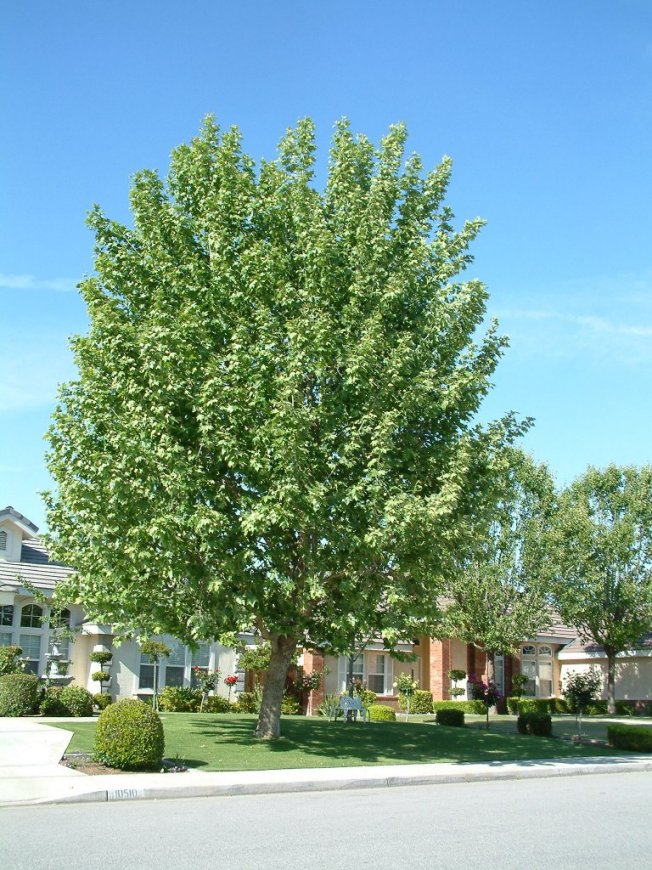
Common name:California Sycamore
Botanical name:Platanus racemosa
The California Sycamore is a fast growing deciduous tree that reaches up to 40'-50' high. It tolerates heat, smog, and drought conditions as well as moist conditions; it is native to riparian areas. It has interesting mottled bark when the tree is bare in winter.
| Designer: | Boulder and Rock Garden |
Photographer: GardenSoft |
Soils and Compost:
Incorporate compost 6" into your soil to retain water, reduce compaction, feed earthworms, and provide valuable nutrients to your plants.
Water Saving Tip:
Mulching and adding compost to soil can minimize evaporation and help soil absorb and store water.
Integrated Pest Management:
Drip and other smart irrigation delivers water directly to roots, allowing no excess water for weeds.

